

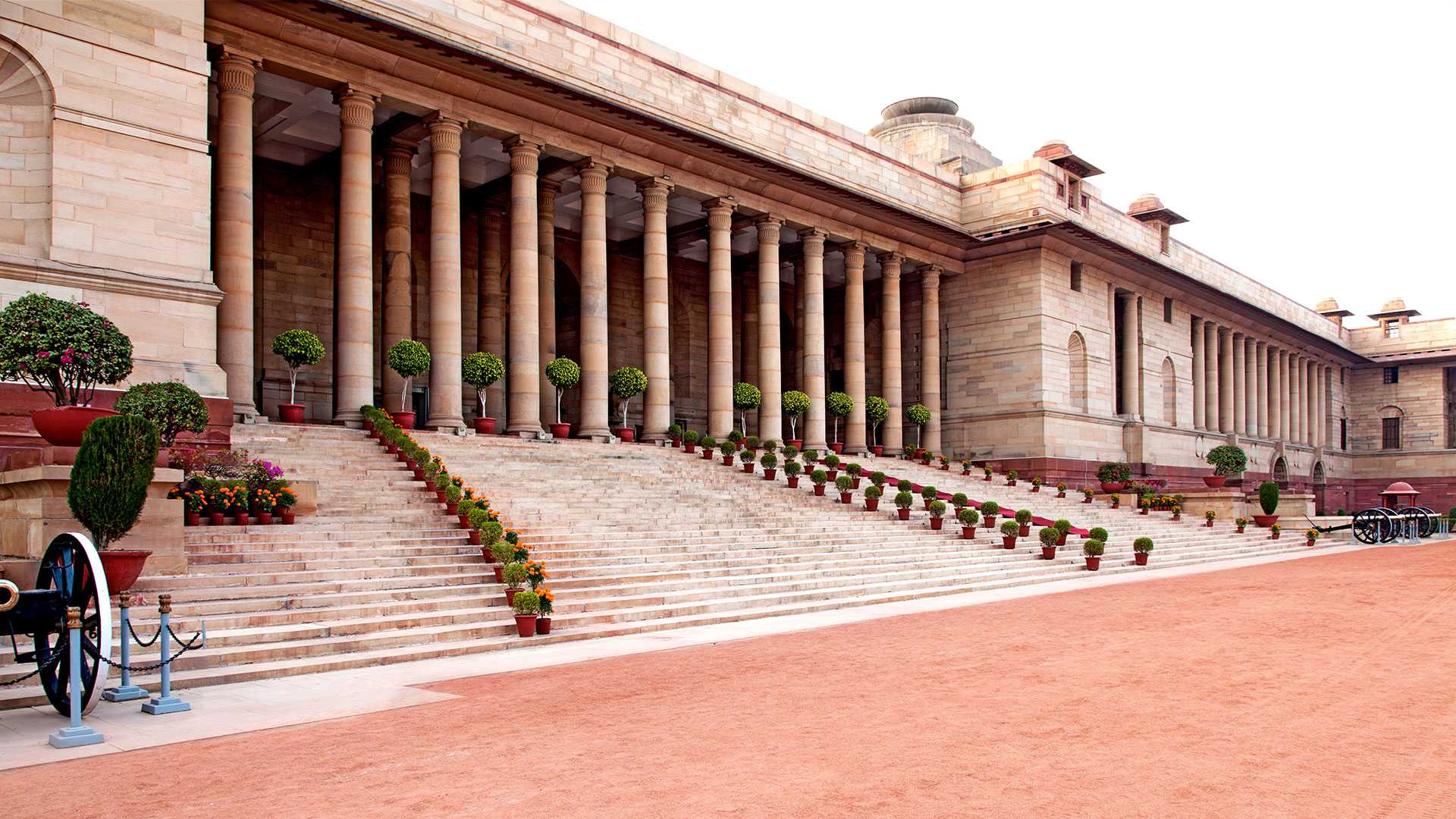
President Droupadi Murmu of India has renamed two iconic halls of the Rashtrapati Bhavan to Ganatantra Mandap and Ashok Mandap, marking a shift towards Indian cultural values and ethos. The Durbar Hall, which is used for important ceremonies and celebrations, has been renamed to honour India's status as a Republic. Similarly, the Ashok Hall, originally a ballroom, has been renamed to honour Emperor Ashok, a symbol of unity and peaceful co-existence. This move is seen as a step towards removing British influence and upholding key Indian values.
Presidential Initiative: Renaming Rashtrapati Bhavan Halls to Embody Indian Heritage
President Droupadi Murmu's recent decision to rename two iconic halls of the Rashtrapati Bhavan, the Durbar Hall and the Ashok Hall, to Ganatantra Mandap and Ashok Mandap, respectively, signifies a shift towards embracing Indian cultural values and ethos.
Historical Context
The Rashtrapati Bhavan, built during the British Raj as the Viceroy's House, has long been a symbol of colonial legacy. The renaming of its halls aims to decolonize the space and reflect India's post-independence identity as a republic that cherishes its own cultural heritage.
About Ganatantra Mandap
Ganatantra, meaning "Republic," symbolizes India's status as a democratic nation. The Durbar Hall, which was primarily used for state ceremonies and hosted dignitaries from around the world, has been renamed to reflect this fundamental aspect of the country's identity.
About Ashok Mandap
Ashok Mandap honors Emperor Ashoka, known for his reign of peace and tolerance. The Ashok Hall, originally intended as a ballroom, was later used for public receptions and press conferences. Its renaming serves as a reminder of the values of unity, non-violence, and respect for diversity that are central to Indian society.
Significance of the Renaming
The renaming of these halls is not merely a cosmetic change. It represents a symbolic rejection of colonial influences and an affirmation of India's rich history and culture. It sends a message that the nation is confident in its own identity and seeks to embrace its traditional values in the contemporary context.
FAQs
1. Why were these halls renamed?
To decolonize the Rashtrapati Bhavan and reflect India's post-independence identity as a republic that values its own cultural heritage.
2. What was the significance of the Durbar Hall?
It was used for important state ceremonies and hosted dignitaries from around the world.
3. Why was the Ashok Hall originally a ballroom?
The Rashtrapati Bhavan was built as the Viceroy's House during the British era, and the ballroom was a customary feature of such mansions.
4. What other changes have been made to the Rashtrapati Bhavan?
In addition to renaming the halls, President Murmu has also commissioned the installation of new indigenous artworks throughout the palace.
5. What is the broader symbolism of this move?
It represents India's growing confidence in its own identity and a shift away from colonial influences.

In a digitized effort, Chief Minister Devendra Fadnavis transferred a grant of ₹25 crore to 560 gaushalas across the state under the Desi Cow Conservation Scheme. This first phase of the scheme will benefit over 56,000 indigenous cows for their upkeep. Fadnavis emphasized the importance of preserving indigenous cows for rural development and praised the initiative taken by the Maharashtra Goseva Commission. With lower milk productivity, these cow shelters play a vital role in providing necessary care for non-milking and unproductive cows, making the scheme a major relief for them.

Samajwadi Party chief Akhilesh Yadav criticized the BJP for taking 10 months to select a national president, while Amit Shah countered by pointing out dynastic practices among opposition parties. Reports suggest that the BJP will announce its new national president by the third week of April to replace JP Nadda. Nadda's tenure was extended until June 2024, but the new president will still be chosen after a process involving the party's 12-13 crore members.
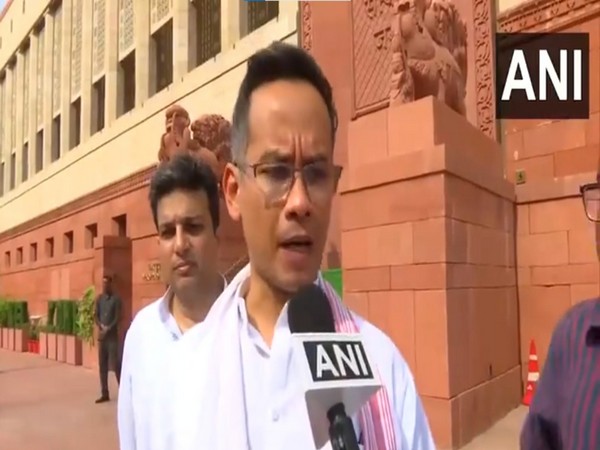
Congress MP Gaurav Gogoi vehemently opposes the Waqf amendment bill during a Lok Sabha discussion, stating that it is an attack on the foundation of Parliament and the Constitution. He also alleges that the government has ulterior motives for pushing the amendment, including diluting the Constitution, defaming minorities, dividing society, and disenfranchising the minority community. He questions the timing of the amendment and accuses the BJP-led government of restricting religious freedoms in India.
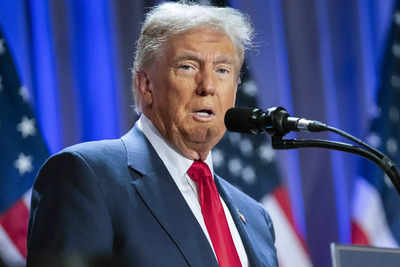
US President Donald Trump has sparked controversy by hinting at ways to stay in power beyond his second term. While the 22nd Amendment limits presidential terms to two, Trump believes there are "methods" to get around it. This raises concerns about the sanctity of democracy and the potential for abuse of power. The idea of a third term for any president has been largely rejected in American history, making this a crucial issue to watch.
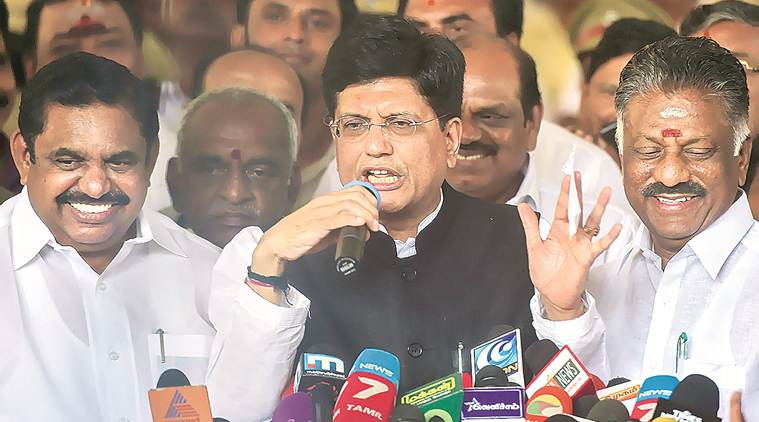
The Indian Express has reported exclusively that the BJP may ask K Annamalai to step down as the party's Tamil Nadu president, in order to avoid having both BJP and AIADMK's state election faces come from the Gounder community. This move is seen as a strategic decision to strengthen the BJP's alliance with AIADMK, as both Annamalai and AIADMK chief Edappadi K Palaniswami belong to this community. Despite his successful leadership style, Annamalai has reportedly been assured of a bright future within the party and has pledged complete loyalty.
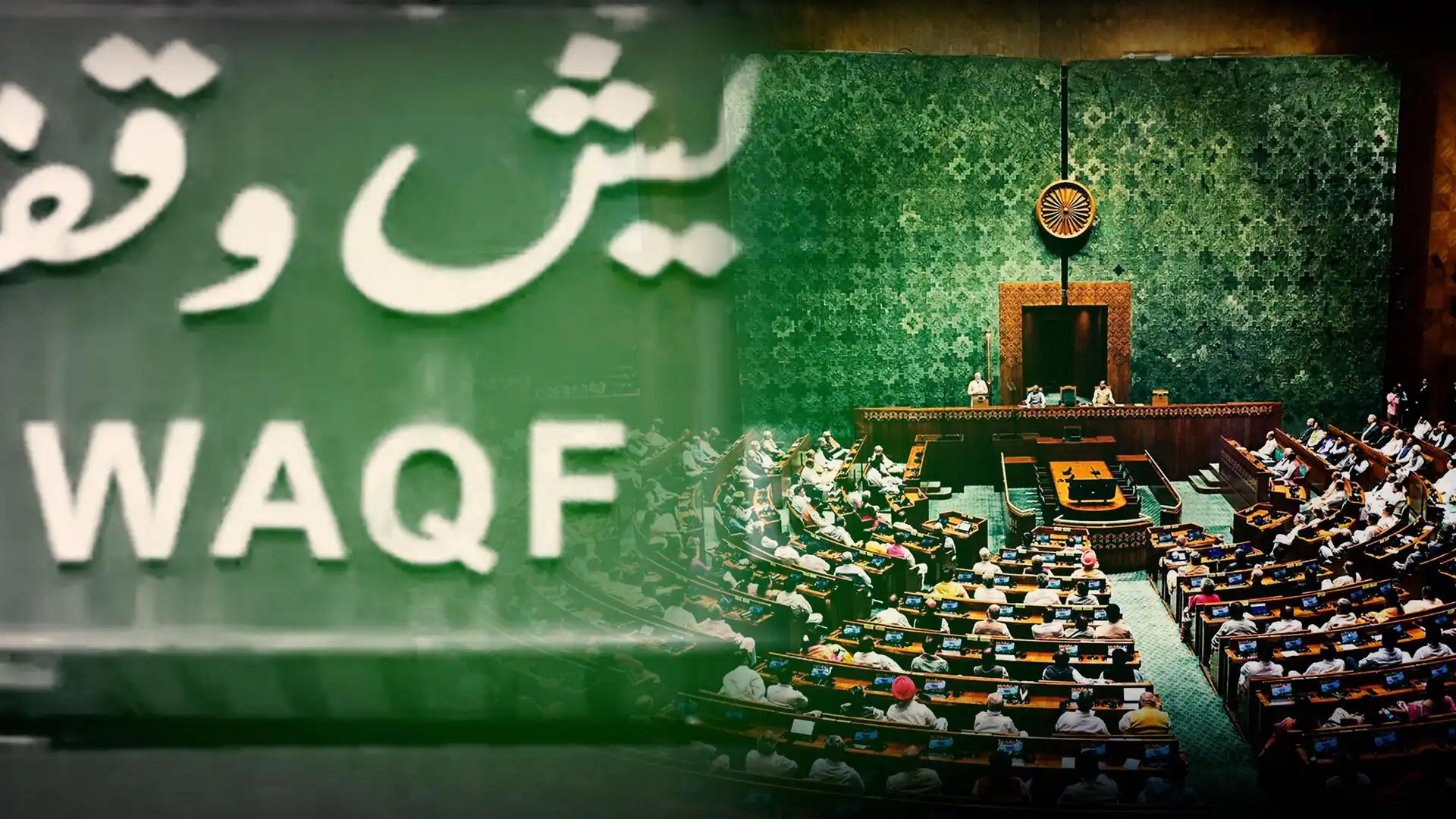
The Lok Sabha braces itself for a heated session as the Centre brings back the divisive Waqf (Amendment) Bill for consideration and passage. The eight-hour debate, agreed upon by leaders from all major parties, could be extended after taking the sense of the House. The previously introduced bill had faced backlash from the Opposition and was sent to a Joint Committee for further scrutiny, leading to clashes over proposed amendments and dissent notes being allegedly redacted. Some of the biggest points of contention include allowing non-Muslims to hold key positions in the Waqf board, giving power to the District Collector to determine ownership of disputed property, and removing the tribunal's final decision clause.

Prime Minister Narendra Modi and Chilean President Gabriel Boric Font held discussions on enhancing bilateral relations between India and Chile, particularly in the economic, commercial, and societal sectors. They also paid tribute to Mahatma Gandhi at Raj Ghat and announced the start of negotiations for a comprehensive economic partnership agreement. The Chilean President is on a five-day state visit to India, accompanied by a high-level delegation.
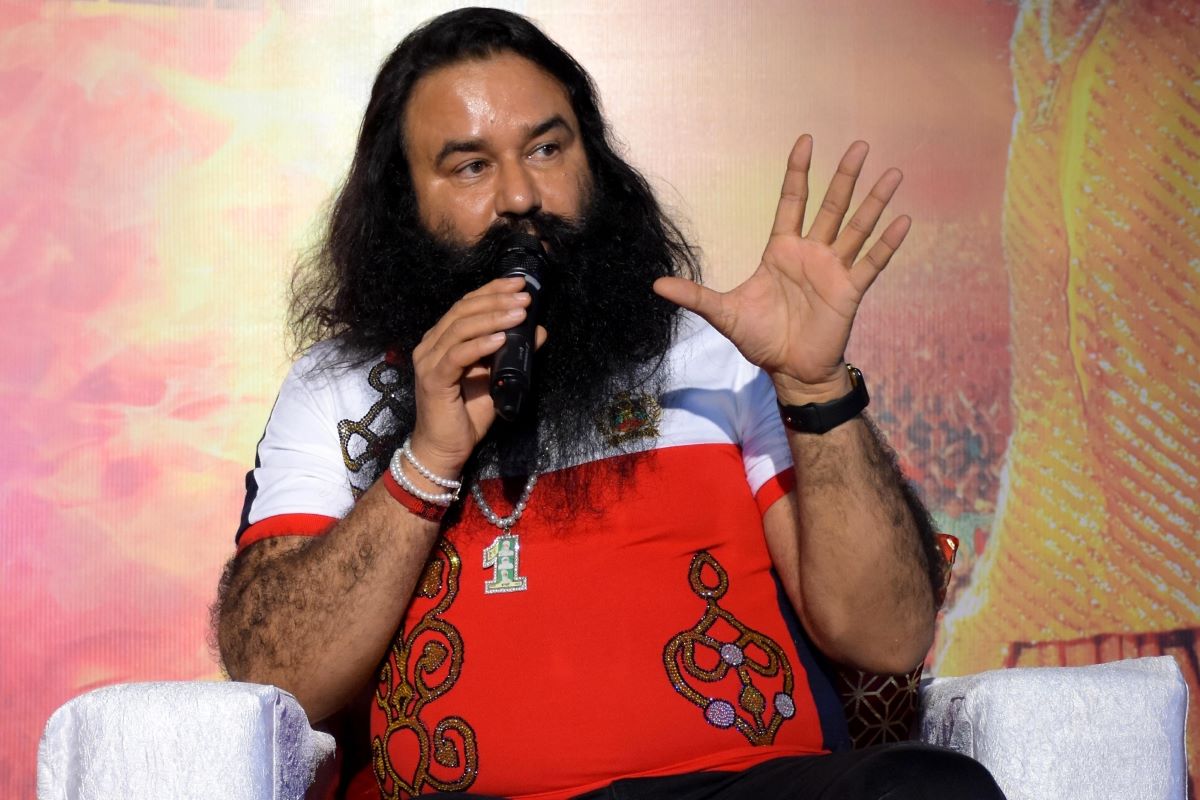
The controversial Godman, Ram Rahim, who is serving a 20-year jail sentence for rape, has been granted a 30-day parole by the Haryana government. His release coincides with the upcoming assembly elections in Delhi, raising questions about the timing of the decision. Ram Rahim's parole last year before the Haryana assembly elections was also met with criticism. With a mass following in Punjab, Uttar Pradesh, and Haryana, the parole has sparked a debate on the influence of religious leaders in politics. IBNS, an objective news agency, strives to provide factual and unbiased news without any biases or agendas.
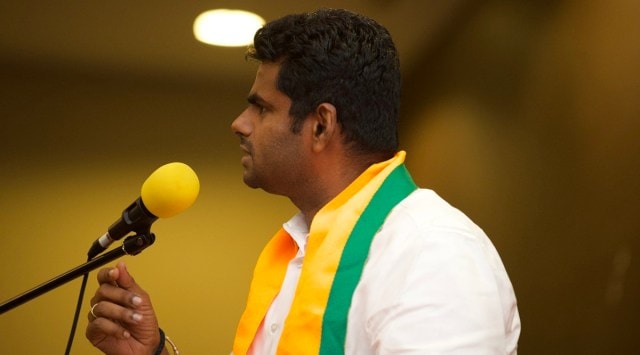
It has been speculated that K Annamalai, the current BJP Tamil Nadu president, may step down from his position as alliance talks between the BJP and AIADMK intensify. The move comes amid concerns over caste equations and the BJP's strategy to consolidate its hold beyond the western region of Tamil Nadu. Sources reveal that Annamalai has expressed complete loyalty to the party and may take on a national role or a different assignment in the state.
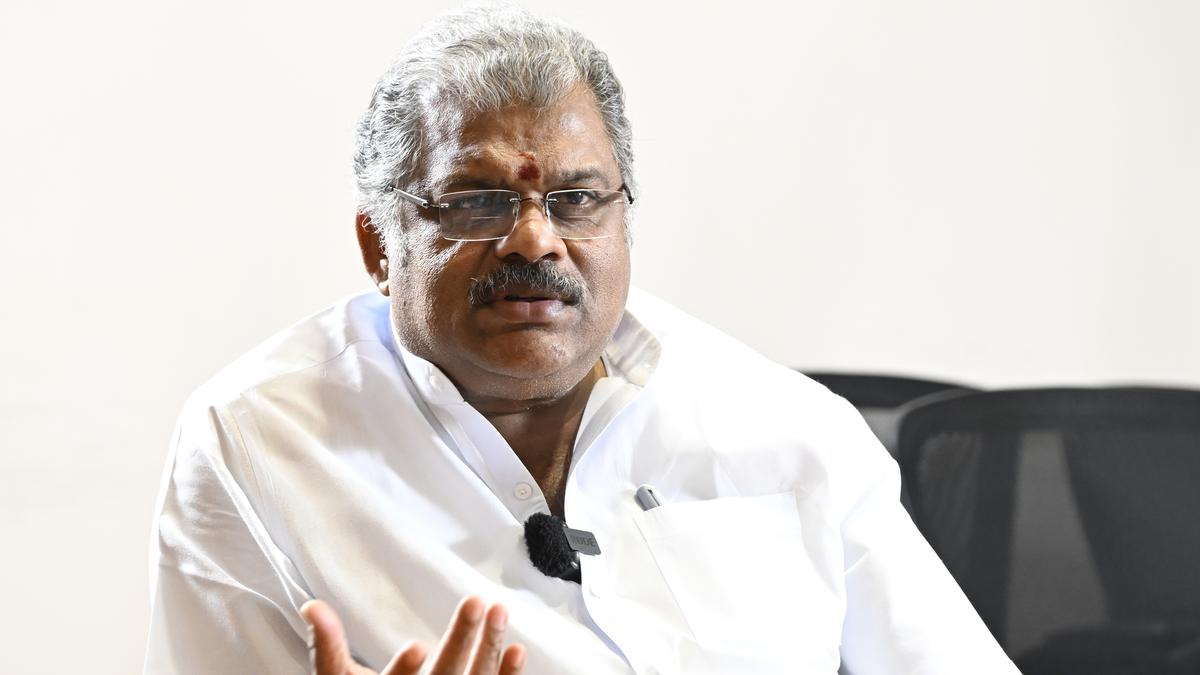
In a scathing attack, Tamil Maanila Congress leader and former Union Minister G.K. Vasan criticized the DMK government in Tamil Nadu for the deteriorating law and order situation in the state. Vasan accused the ruling party of using divisive issues to distract from their failures, corruption, and scams. He demanded a white paper on the alleged Rs 1,000-crore financial fraud involving the state-run corporation responsible for liquor sales. The Enforcement Directorate has conducted raids in connection with suspected financial irregularities, targeting the TASMAC headquarters, distilleries, and liquor contractors.